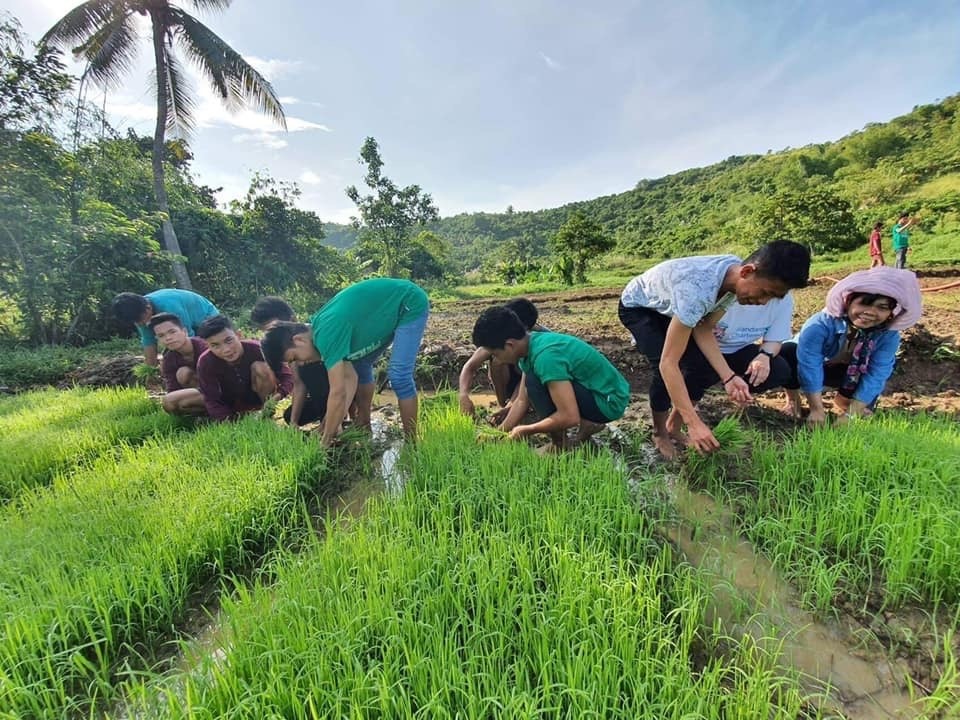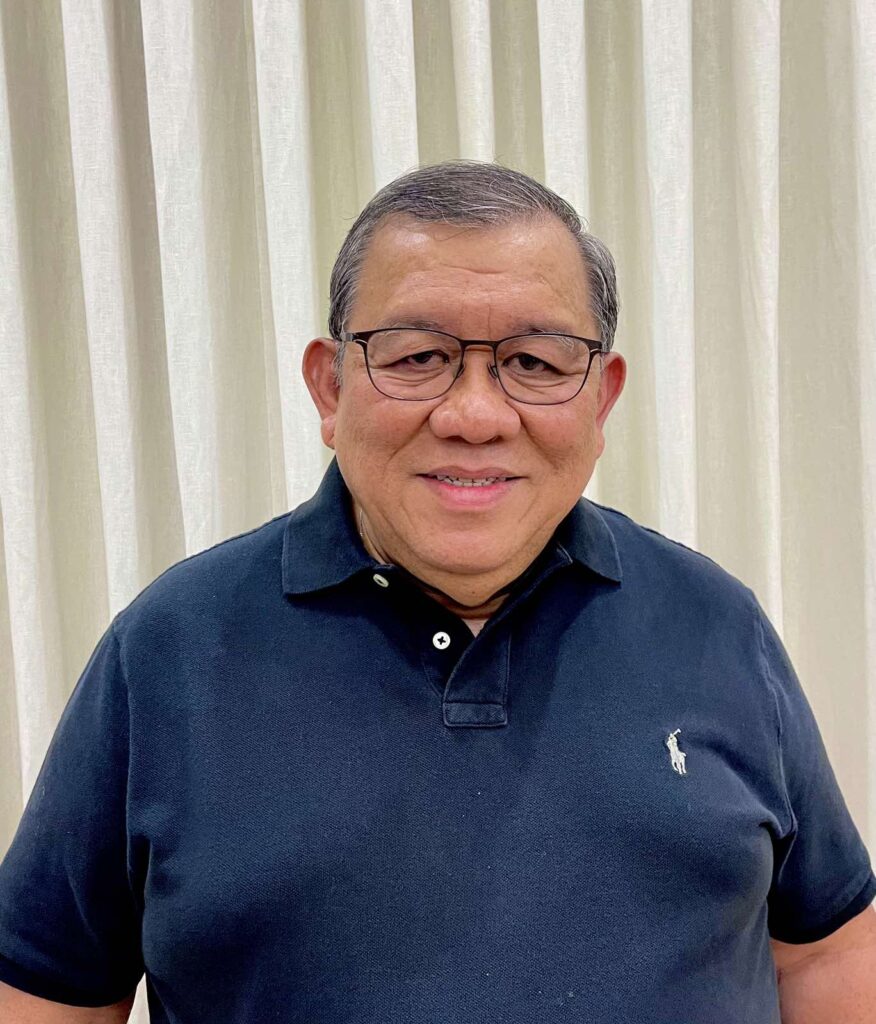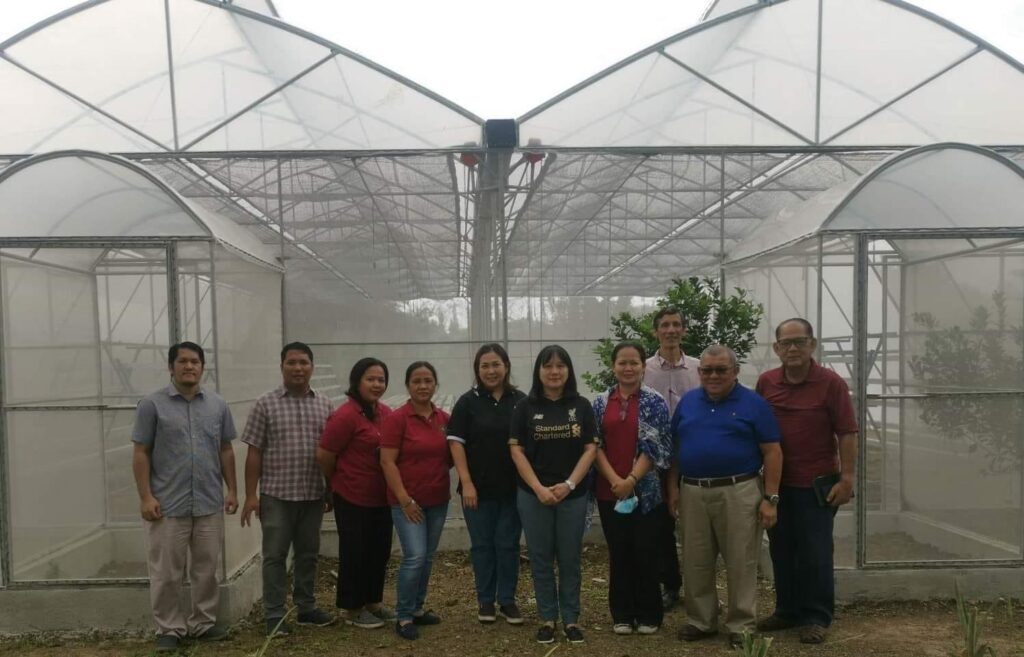Securing the future of food in the Philippines


In February, in partnership with the Pampamilyang Paaralang Agrikultura Foundation (PPAFI), we launched the SCB Youth for Sustainable Agriculture Program – an initiative aimed at building the knowledge and skills of high school students to increase their employability and prepare them to become agripreneurs.
Standard Chartered’s support to the Dagatan and Balete Family Farm School in Batangas provided a hydroponic farming laboratory to introduce new farming technologies to students as an effective way of conserving agricultural space. The project is also part of PPAFI’s wider plan to use innovation to increase the number of young people in agriculture.
Sir Leopoldo Titular has served as the Chairman of PPAFI for the past three years after retiring as the head of agri-business for San Miguel in the Philippines. He explains: “The average age of a farmer the Philippines is 57. There’s dwindling interest in agriculture among the youth due to more attractive jobs in other sectors.
“We need to encourage the youth into agriculture through technology. This will provide early job opportunities and make them readily employable, addressing the urgent need for national food security and poverty alleviation.”


Our role in helping with this task goes beyond providing equipment. “There’s the solar electrification of the school to bring down electricity costs to support operating expenses,” Mai Sangalang, Head of Corporate Affairs, Brand and Marketing for Standard Chartered in the Philippines says. “We’re also providing continuing education for the faculty, principals and all the teachers.”
The partnership with Standard Chartered, is just the latest chapter in the Dagatan and Balete Family Farm School’s story. The facility was first opened in 1988 and many of its alumni have gone on to have successful careers in agriculture.
There’s Ronald Lacorte, who was part of the school’s second ever intake, who not only founded his own successful farm but has returned to become a member of the corporate development team.
Joanne Padriquela, meanwhile, finished as valedictorian of her class and went on to launch a successful strawberry farm with her husband. They ship their plants across the country and have also become mentors to fellow strawberry growers.

Sir Leopoldo says: “Our success needs to be sustained. And the strategy we are adapting is to transition to agri-technology. Today’s youth are using gadgets and applications in almost every aspect of their young lives. We want to create an awareness and interest in agriculture, but we know we can’t do this alone.”
There are high hopes for the current intake who are already using innovative farming techniques to produce urban crops. Fifteen-year-old Klein Rhover Alcala spends most of his time farming and studying and has been able to use the skills he’s learned away from school.
“Both of my parents and grandparents are farmers, but they’re used to more traditional farming. What I’m trying to do is apply modern technical farming to help them innovate with new methods, like hydroponics.”
Liwen Aibud Barnuevo, 16, lives with his grandmother and is a budding musician in his spare time. He works with his classmates to grow and sell produce and is already working towards starting his own farm at home.
“My fellow classmates and I have successfully grown a variety of crops including lettuce and cabbages,” he explains. “We worked on twisting the seeds, choosing the right soil, and preparing the land. We’ve also marketed our crops so we could earn from them.”
Liwen continues: “I’m currently developing a project at home, using hydroponics to cultivate lettuces and sell them.”

The future of the school and its students is bright, yet there is still much to be done to increase the number of young people in agriculture and, in turn, ensure that the Philippines has sustainable food for its citizens.
“We envision that more of the students who join will be employed by agri-businesses,” Sir Leopoldo says: “Or become agri-entrepreneurs, growing crops, and taking their place in the agribusiness value chain.”
Encouragingly for Sir Leopoldo, and the Philippines in general, both Klein and Liwen are keen to use agriculture for the good of the nation – even if they plan to take different routes to get there.
“I actually want to start my own business related to agriculture,” Liwen says. “Particularly with the production of crops, such as lettuce and cabbages, and by cultivating livestock.”
Klein concludes: “I want to become a diplomat, serving the country and promoting agriculture especially to young people. We need agriculture to thrive and survive.”